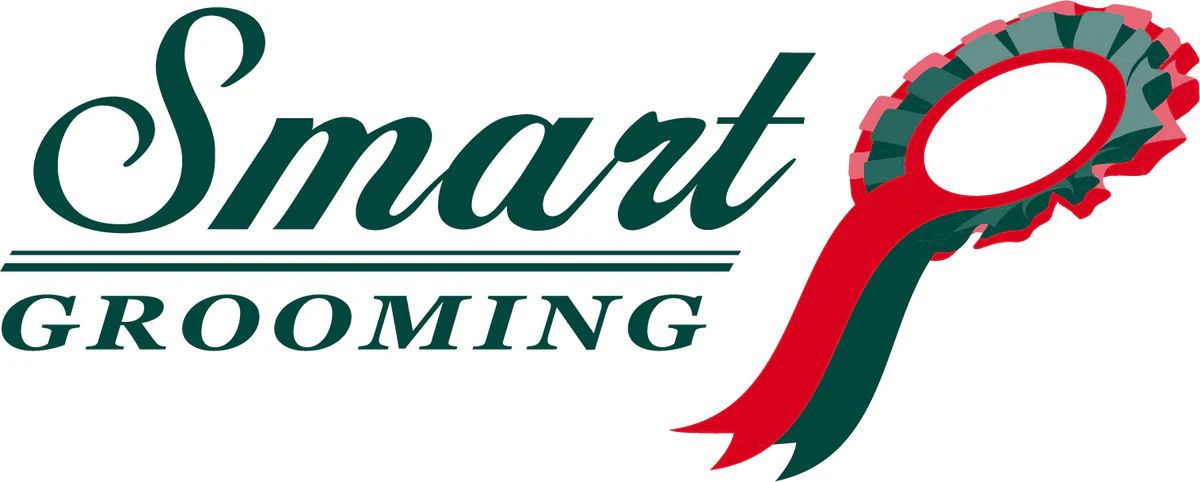EEA Board member, Ali Dane shares her National Minimum Wage top tips for equestrian business owners..
"Since my last blog, life as I knew it has changed rather dramatically, with the arrival of a gorgeous little boy on Valentines Day. My partner, Alan, baby Rafael and I are all settling into life together.
Needless to say, having had a caesarean, I’m still completely useless on the yard but my staff have proved this winter that they don’t really need me! They’ve worked cohesively and efficiently together, communicating effectively with clients, as well as keeping the horses in tip top condition.
As I mentioned in my last blog, I implement my staff pay rises in January each year. While none of them are on minimum wage, I always wait until the budget announcement in November each year before I inform my staff of their pay increases. There are two reasons for this timing:
| |
- I like to ensure that my staff are paid a percentage above minimum/living wage and until I know exactly what minimum/living wage is going to be for the next year, I can’t make pay-related decisions.
- Winter with horses is tough and I want my staff to feel that their hard work through the dark, wet months is appreciated – a little perk in January is usually appreciated!
|
Obviously, any freelancers I use set their own prices, but I do encourage them to charge a realistic hourly rate.
I’m like most other yard owners, in that I really don’t enjoy doing admin. However, one task I’m absolutely religious about is forecasting, which I do at least four times a year in less turbulent times. Currently I’m forecasting every two weeks because my costs are increasing week-on-week.
Something we can all count on is NMW increasing in April each year - it should never come as a surprise to us - and we should be taking this into account when working out how much we need to charge our clients. It’s my belief that we yard owners have made a rod for our own back in that all too often, we work for free or very little financial reward.
| |
This therefore means that the average client/horse owner has an unrealistic concept of how much it actually costs to keep a horse and is allowed to dictate market prices, thereby keeping them low, leaving employers struggling to find enough money to pay their staff legally and fairly (or indeed, pay themselves!). To me, the answer is fairly simple: we need to charge our clients enough to pay our staff properly (and ideally ourselves – yard owners absolutely should NOT be working for less than NLW!). |
This year, the government took the recommendation of the Low Pay Commission and increased National Living Wage by an unprecedented 9.7% (up from £9.50 to £10.42), effective from April 2023. Therefore, for a groom over the age of 22 working a 40 hour week, that should be an increase in salary of just under £2,000 per annum. I’m sure there are plenty of employers wondering where they will find the extra money to support this increase, and unfortunately, it’s likely to mean there will be even more yard owners who fall foul of employment law at a time when the government are increasing spending on compliance year on year.
When working out what we need to pay, we can’t just pick a number for a salary out of the sky, or copy what another yard is advertising their job for. The minimum information you need in order to work out the very least you need to pay is:
- How many hours per week the employee will work (please bear in mind working time regulations here, as well as making sure you’re realistic about hours – one very quick way to lose staff is to overwork them!)
- The age of the employee.
- The corresponding hourly NMW.
There is obviously much more information you need to make your employment above board (National Insurance Number, tax code and address, for example) but these won’t affect the salary an employee is paid.
| |
Just as a side note, using an accountant or accounting software (such as Xero, Quickbooks or Sage) makes payroll much easier to work out, and means you’re less likely to make an expensive mistake. |
One last little tip is to make sure that you’re aware of when your employees move into another age bracket with regard to NMW and forecast accordingly – as well as buying them a birthday present, you might also need to give them a pay rise!
Finally, if in doubt about NMW or any other employment related issues, give the Equestrian Employers Association a call. Grooms are, quite rightly, increasingly aware of their rights as employees and have all the relevant legal information at their fingertips. We employers obviously don’t want to be caught out, but we do have a duty to provide safe, fair and legal career opportunities to all workers. So if you’re just a bit hazy on the rules or totally at sea, take advantage of the EEA’s infinite wisdom and make sure you’re operating legally.
Ali"
The Equestrian Employers Association has been created to help employers of all sizes of business to be compliant, thereby helping you to protect your business. Your team are key to the performance and development of your business which is why looking after them is so important.

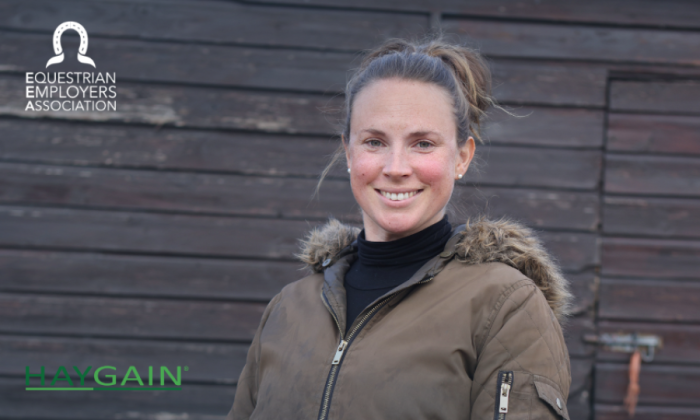

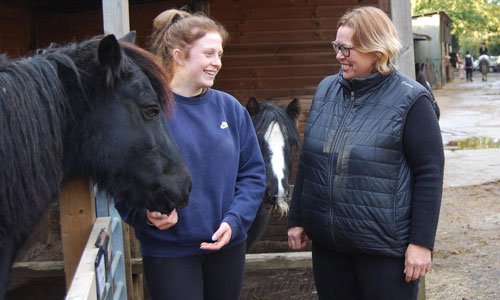










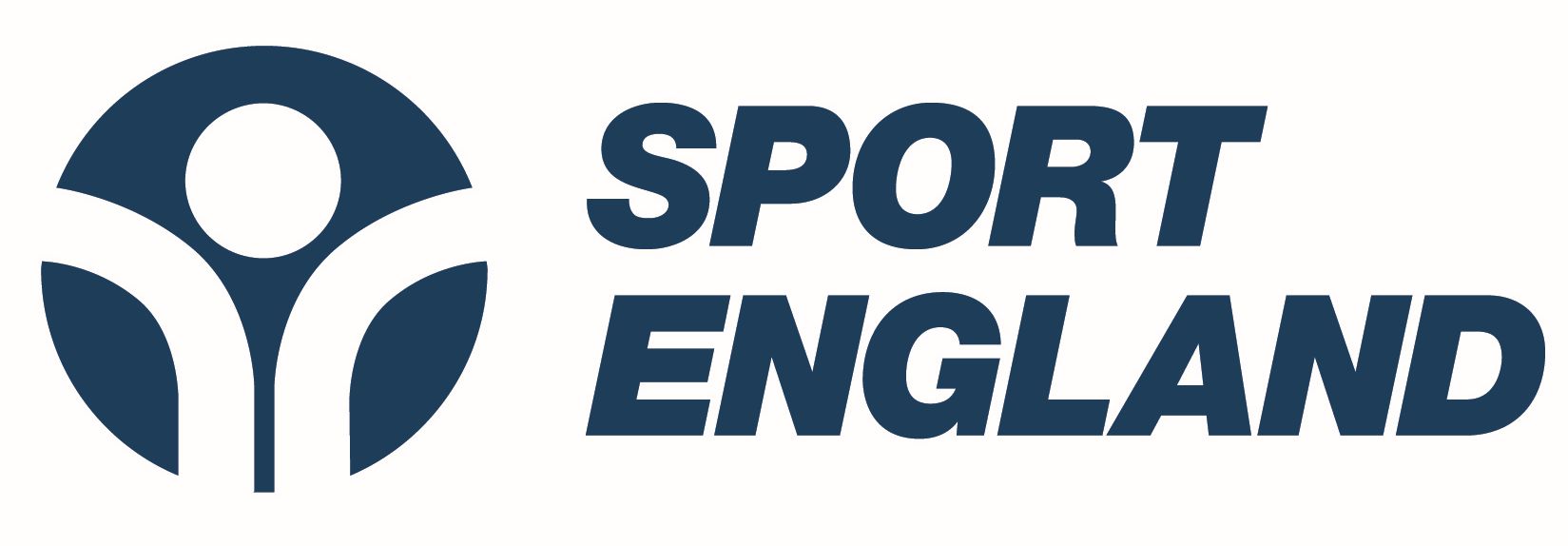
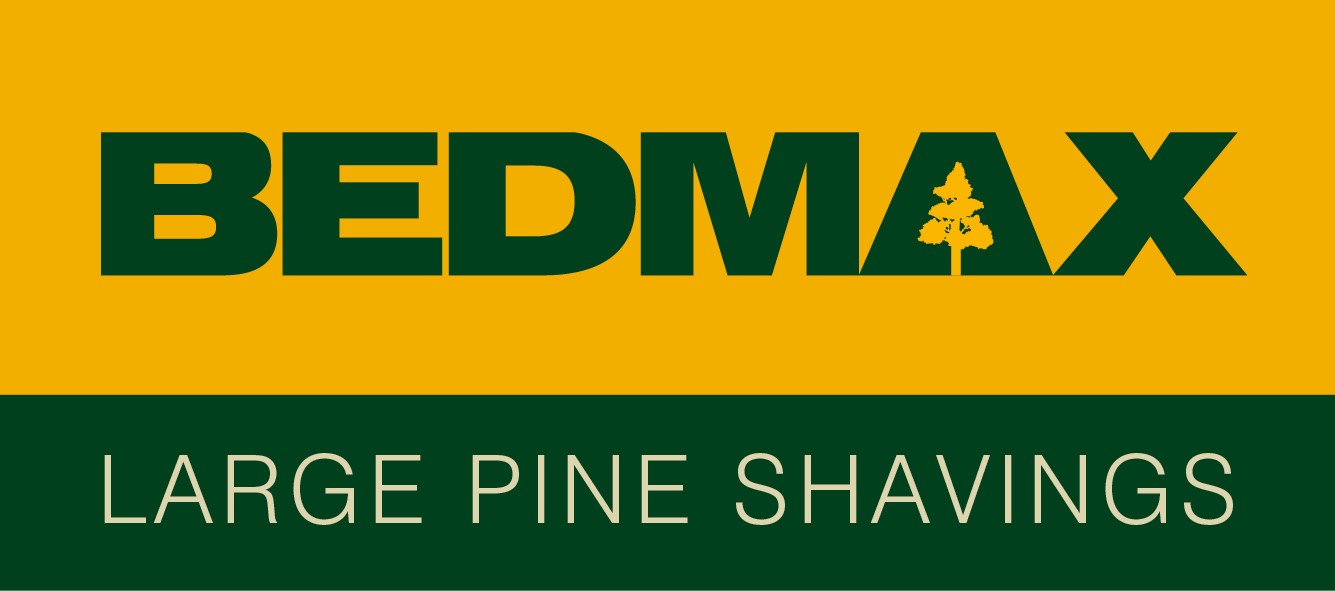
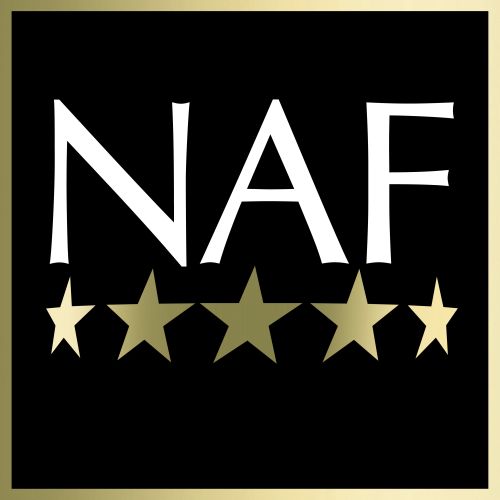


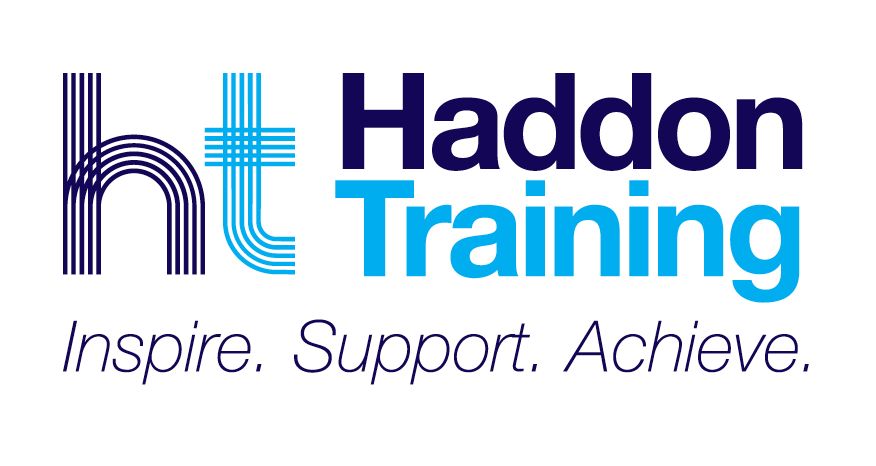
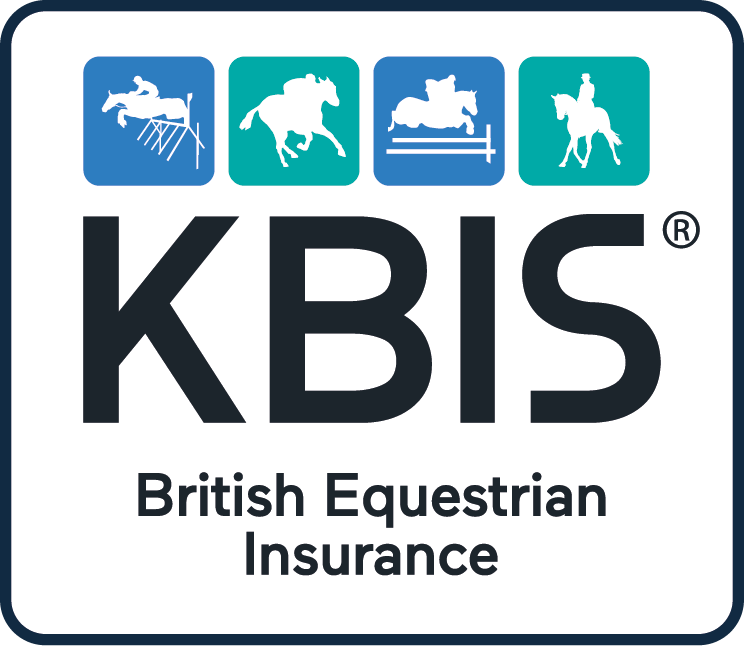
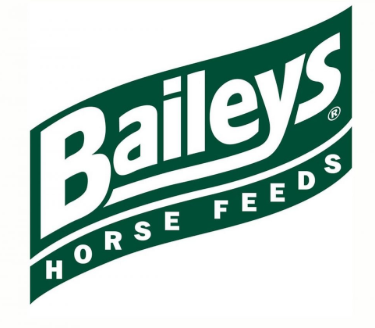
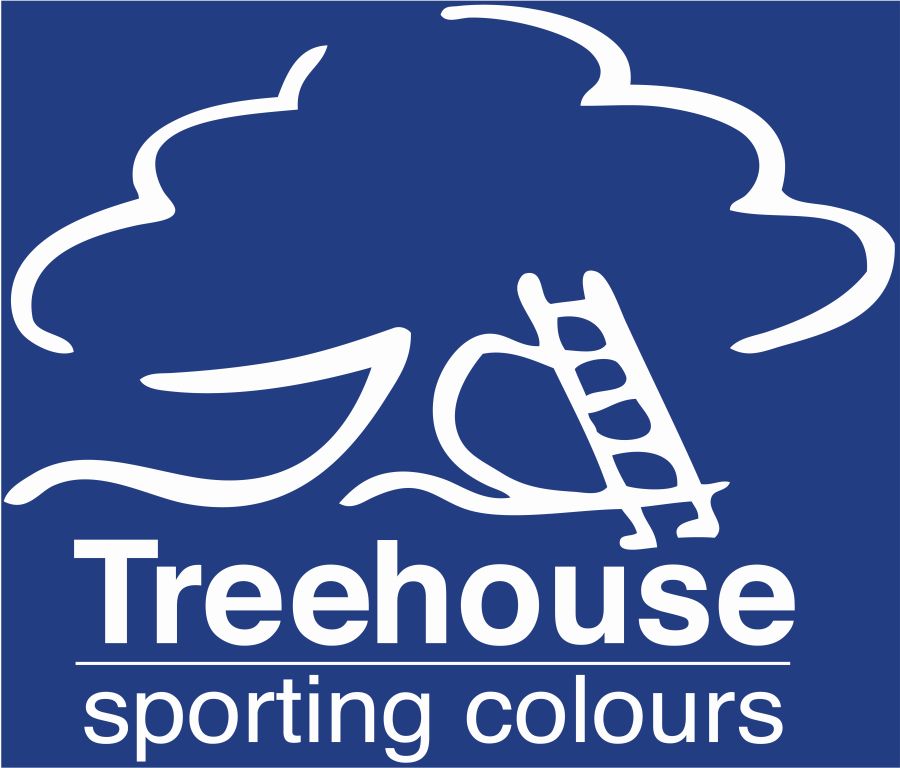

-Small.jpg)

